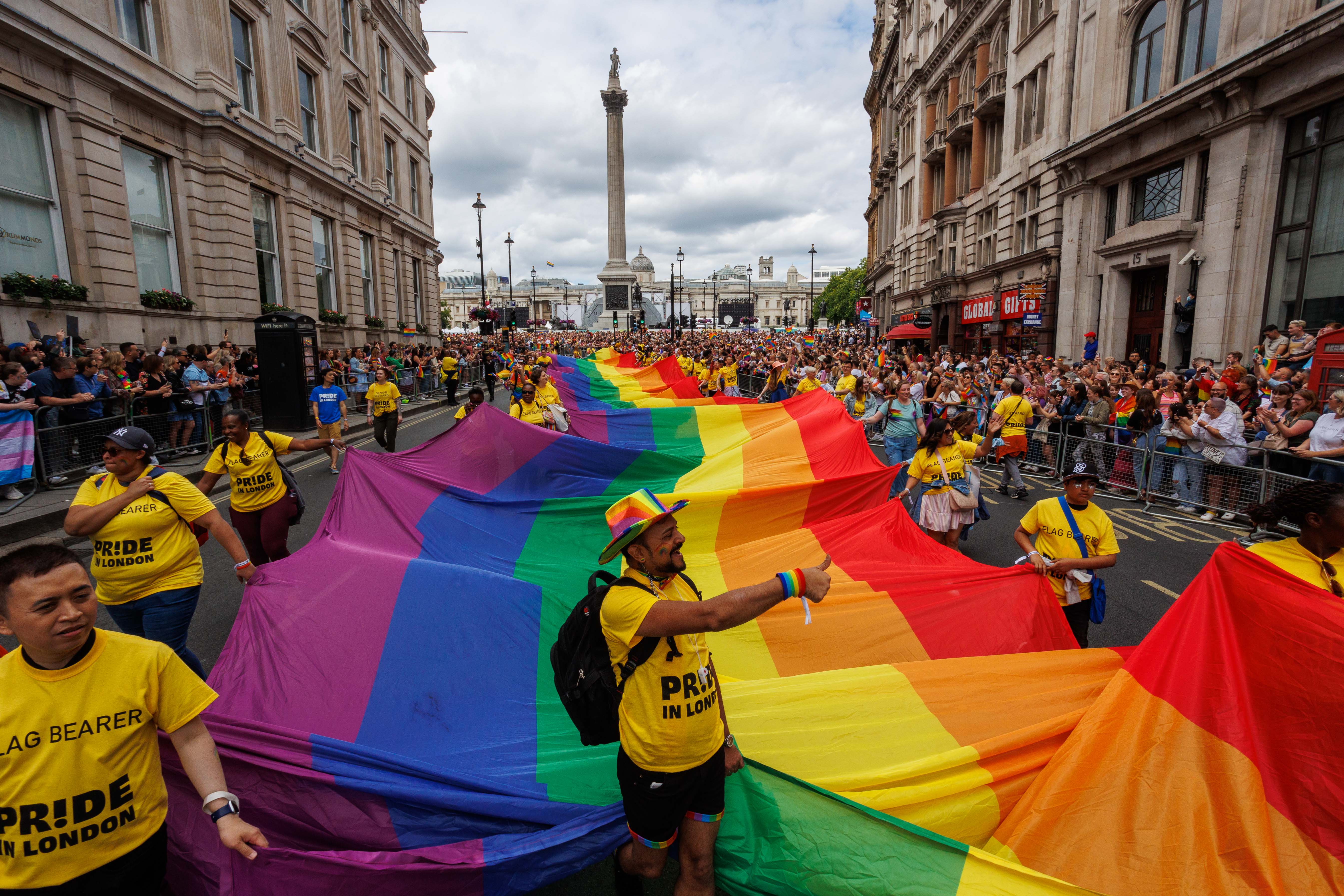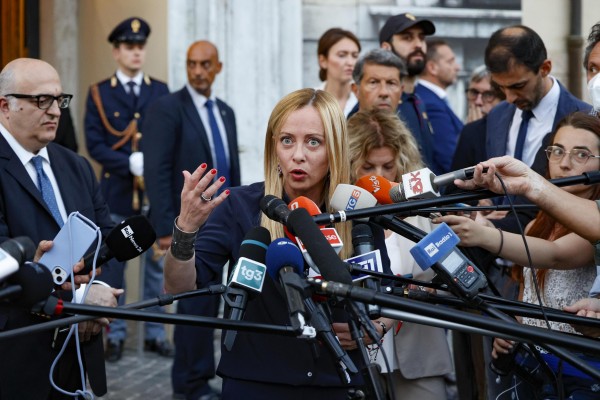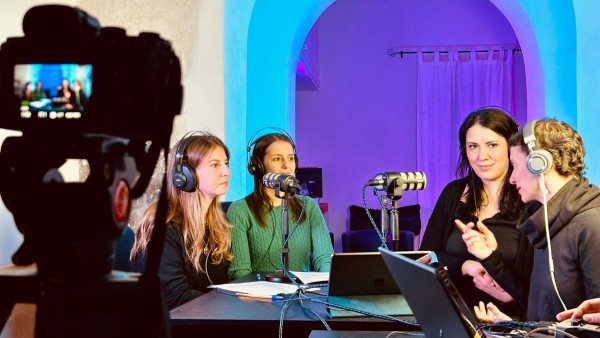A report published by the Sir Lenny Henry Centre for Media Diversity at Birmingham City University in May 2023 provided insight into what it is like to be an LGBTQ+ journalist in the UK — and the situation leaves plenty to be desired. Over three-fourths of the respondents agreed that “it is becoming more dangerous to be an LGBTQ journalist,” and that “media organisations in the United Kingdom are not adequately protecting LGBTQ journalists from harassment and abuse”, mainly online abuse and harassment in response to their work. Meanwhile, 86 percent said that they had experienced some kind of abuse and harassment.
In the face of these conditions, Sophie Perry, now a reporter at PinkNews, realized that, while organizations for Black journalists and female journalists existed, no such community existed for LGBTQ+ journalists. In January 2022, she founded the LGBTQ+ Journalism Network to fill this gap.
A Facebook group hosts the main community-building aspect of the network — a space for queer journalists to promote their stories, send pitches, and share opportunities. They also publish, alongside a group called QueerAF, a series called “Journalists Like Me” for LGBTQ+ journalists to share their experiences in the media and provide a takeaway for the broader industry.
“Our [other goal] is always to change the industry, but you know, Rome’s not built in a day, so that’s the aim, but it’s an ongoing aim”, Perry said.
The organization is still new, however, and lacks funding. “It’s something I’m really passionate about”, she said. “It needs to exist. And I want to make sure it exists.”
In her role at PinkNews, an international LGBTQ+ publication, much of Perry’s reporting centers on the LGBTQ+ community, which has always been her career goal. The connection that she feels to the people she writes about is important to her, she said. “When you’re doing these stories, you’re not just doing them for the publication, you’re doing them for the community, and that matters.”
But this connection can also mean that stories of tragedies within the community take a toll on mental health.
“I think the big challenge with that is, when you’re covering these stories, there’s a real personal link to them. It’s your community. I’m a lesbian, for example, so when I write stories about gay men, or I write stories about trans people, those are my friends, my friends identify like that,” she said. “So when I’m writing these stories about how they’re suffering hate crimes, or legislation that seeks to take away their rights, or people are writing really horrific things on social media and pushing these conspiracy narratives around grooming, and pedophile cults and all that sort of stuff, it really affects you personally. And I think straight cis journalists covering these topics, they have that little degree of separation.”
Though Perry has noticed an increased readership of news through a specifically queer lens, there is still change to be made. “Media organizations need to take ownership that their journalists who are queer face abuse online, in person, and they need to put steps in place to support them, and ensure that they are protected”, Perry added.
This article was published as part of a series on LGBTQ+ journalists around the world. To read the rest of the series, click here.



